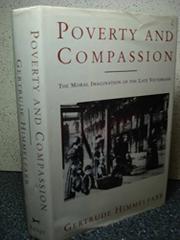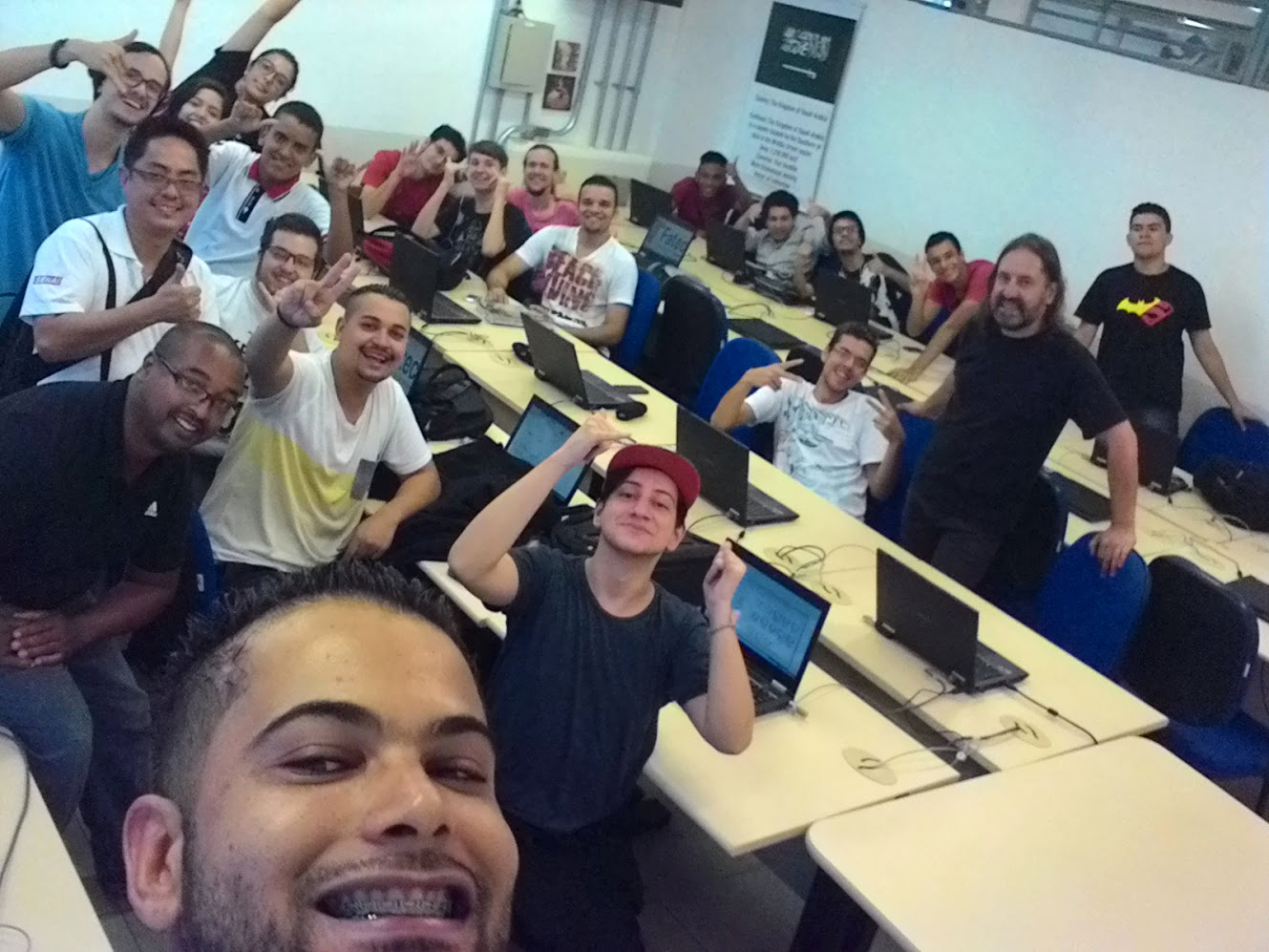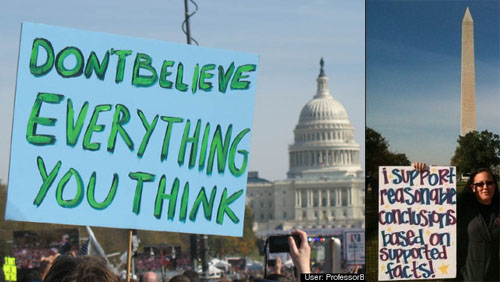From George Lakoff, Moral Politics: How Liberals and Conservatives Think (U of Chicago Press)
Here are some words and phrases used over and over in conservative discourse: character, virtue, discipline, tough it out, get tough, tough love, strong, self-reliance, individual responsibility, backbone, standards, authority, heritage, competition, earn, hard work, enterprise, property rights, reward, freedom, intrusion, interference, meddling, punishment, human nature, traditional, common sense, dependency, self-indulgent, elite, quotas, breakdown, corrupt, decay, rot, degenerate, deviant, lifestyle.
The same, of course, is true of the liberal worldview. Liberals, in their speeches and writings, choose different topics, different words, and different modes of inference than conservatives. Liberals talk about: social forces, social responsibility, free expression, human rights, equal rights, concern, care, help, health, safety, nutrition, basic human dignity, oppression, diversity, deprivation, alienation, big corporations, corporate welfare, ecology, ecosystem, biodiversity, pollution, and so on. Conservatives tend not to dwell on these topics, or to use these words as part of their normal political discourse. A description of the liberal and conservative worldviews should explain why.
(more…)









 History/CUNY) shows that she is as gifted with “moral imagination” as the philanthropists she so much admires. Using Charles Booth’s 17-volume Life and Labour of the People of London (1982), Himmelfarb begins by distinguishing between statistical and perceived poverty, exploring the enigma of how, statistically, there could have been as much poverty at the close of the 19th century as Malthus and Mayhew had claimed earlier (about 30% of the population) although the quality of life had improved, with the poor having the advantages of more education, sanitation, housing, health care, security, and pensions.
History/CUNY) shows that she is as gifted with “moral imagination” as the philanthropists she so much admires. Using Charles Booth’s 17-volume Life and Labour of the People of London (1982), Himmelfarb begins by distinguishing between statistical and perceived poverty, exploring the enigma of how, statistically, there could have been as much poverty at the close of the 19th century as Malthus and Mayhew had claimed earlier (about 30% of the population) although the quality of life had improved, with the poor having the advantages of more education, sanitation, housing, health care, security, and pensions.










































 Unclear writing, now as always, stems from unclear thinking–both of which ultimately have political and economic implications. A well cultivated critical thinker:
Unclear writing, now as always, stems from unclear thinking–both of which ultimately have political and economic implications. A well cultivated critical thinker: